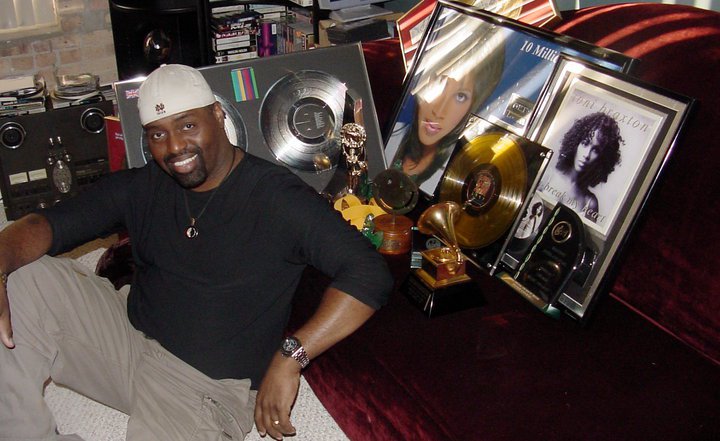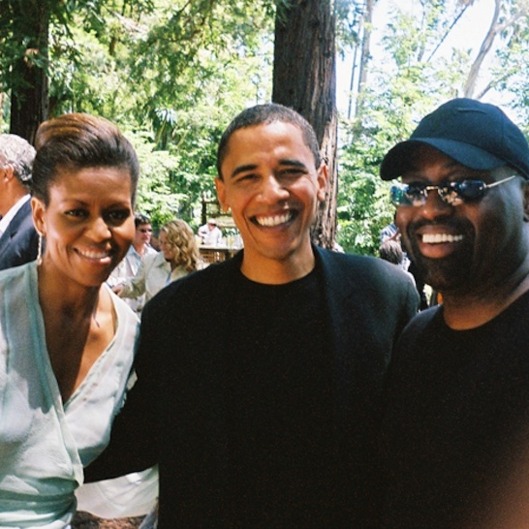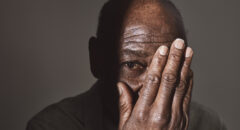
You have the Queen of Soul, Aretha Franklin and the Godfather of Soul, James Brown. And there is no question that the soulful dance music called house music had a godfather, and his name was Frankie Knuckles.
Born Francis Nicholls in the Bronx on January 18, 1955, Knuckles began hitting New York’s after-hours spots such as the Loft, the Sanctuary, Better Days, and Tamburlaine—the clubs where disco was born. Knuckles died March 31, 2014 at the age of 59, as confirmed by his longtime business partner, Frederick Dunson.
In the mid-2000s, Knuckles developed Type II diabetes. He developed osteomyelitis after breaking his foot snowboarding, and had it amputated after declining to take time off for treatment. On March 31, 2014, he died in Chicago of complications from diabetes.

Knuckles made a number of dance classics, including early Jamie Principle collaborations "Your Love" and "Baby Wants To Ride"; "Tears" with Satoshi Tomiiee and Robert Owens and his remixes of Chaka Khan’s "Ain't Nobody," and Sounds of Blackness’s "The Pressure."
In addition to developing the sound and culture of house music, Knuckles would go on to mix records by major artists such as Whitney Houston, Michael Jackson and Depeche Mode.
Knuckles learned his craft as a club DJ in New York City, then moved to Chicago in the late ‘70s and developed a reputation as one of the city’s most influential dance-music tastemakers. He arrived in Chicago just as disco was losing steam. For many, disco literally went up in flames between games of a Chicago White Sox double header at Comiskey Park, when radio deejay Steve Dahl blew up hundreds of disco albums.
In Chicago he became known as “the godfather of Chicago house music” at the Warehouse and later the Power Plant. He would extend mixes of soul and R&B records and turn them into dance tracks, introduce new singles being produced by fledgling house artists and incorporate drum machines to emphasize the beat. In addition to building dynamic music sets that would keep his dance floor filled from midnight to noon on weekends, he would go on to create theater-of-the-mind scenarios with inventive sound and lighting. “Sometimes I’d shut down all the lights and set up a record where it would sound like a speeding train was about to crash into the club. People would lose their minds.”
“God has a place on the dancefloor,” he once told Chicago newspaper, the Tribune. “We wouldn’t have all the things we have if it wasn’t for God. We wouldn’t have the one thing that keeps us sane – music. It’s the one thing that calms people down."
The city of Chicago passed the so-called 'anti-rave ordinance' in 2000 that made property owners, promoters and deejays subject to $10,000 fines for being involved in an unlicensed dance party." But in 2004, the city named a stretch of street in Chicago after Knuckles, where the old Warehouse once stood, on Jefferson Street between Jackson Boulevard and Madison Street. That stretch of street, called Frankie Knuckles Way, "was renamed when the city declared 25 August 2004 as Frankie Knuckles Day. The Illinois state senator who helped make it happen was Barack Obama." In 2005, Knuckles was inducted into the Dance Music Hall of Fame for his achievements.
For more information on celebrity health, click here.









